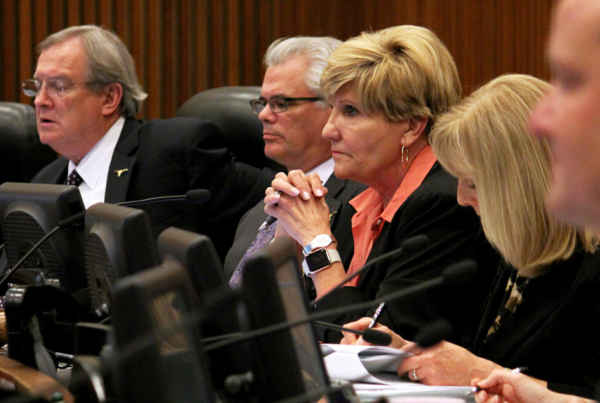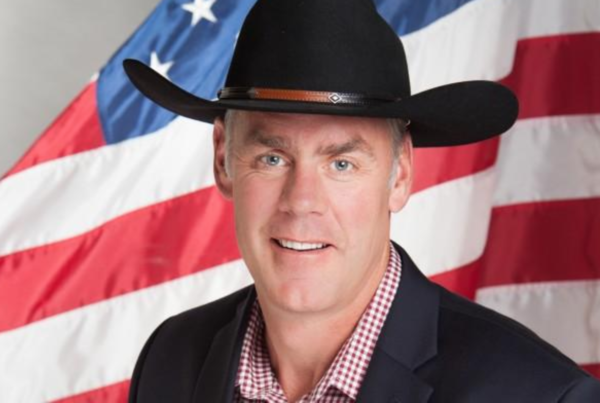For almost a decade, Texas Democrats have attempted to raise the legal smoking age. Each session a lawmaker filed a bill, it failed to pass. But this legislative session, the effort has more support behind it, making it a more attainable goal.
Four lawmakers are crossing the aisle to file bills that would raise the minimum legal age to buy tobacco products from 18 to 21.
Lauren McGaughy wrote about it for the Dallas Morning News. She says previous bills seeking to raise the smoking age kept getting blocked.
“We all know in Texas if there isn’t Republican support for something it is far less likely to pass and become law,” McGaughy says.
Now the undertaking has bipartisan support. In the House, Reps. John Zerwas (R-Richmond) and Donna Howard (D-Austin) will file bills asking to raise the smoking age. In the Senate, Sens. Carlos Uresti (D-San Antonio) and Joan Huffman (R-Houston) are championing the cause.
McGaughy says there are two main ways the bills could die: the threat of an immediate loss in tax revenue – about $20 million per year – and the argument that this potential law impedes on personal liberties.
Although legislators acknowledge that Texas will lose money over the raised smoking age, McGaughy says they are also starting to understand that the state would see huge savings in health care costs for people with tobacco-related illnesses.
“If you raise the smoking age, fewer kids are going to buy into it,” McGaughy says. “If you don’t smart smoking when you’re a teenager, you’re less likely to ever start smoking in your entire life.”
An analysis from the Department of State Health Services estimates the state could save around $406 million over five years and $5.6 billion over 25 years in health care costs.
But McGaughy says it’s still going to be a fight. Lawmakers will have to make the case that the long-term health care savings will outweigh the loss of revenue in the short term.
“It’s going to be a hard sell this year because there’s a lot less money to do a lot more things with than we previously thought,” she says.
Written by Beth Cortez-Neavel.















